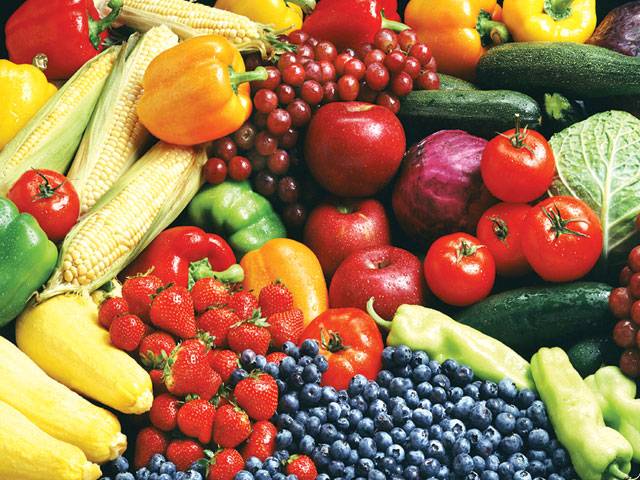ISLAMABAD – Pakistan’s horticulture exports can increase to over $1b by 2014 provided if the govt adopts the right approach in collaboration with the private sector.
“The world horticulture market is valued at $80 billion to which Pakistan contributes a small share and currently only 16 per cent of fruits are being processed”, said Chief Executive Officer Harvest Trading in a statement issued here on Friday. Jawad said over 28 types of fruits and 30 types of vegetables are grown in the country throughout the year and most of these are consumed in the domestic markets. He stressed the need to take initiatives to venture for the exploitation of export potential and to search more markets like South American countries, North Africa, Central Asian states and South Asian region.
Comparing performance of Pakistan with India, Jawad said that India has emerged as the world’s second largest fruit producing country and it also witnessed a significant increase in the production of horticultural crops in recent years. He said India is the largest producer of mango, banana, papaya, sapota, pomegranate etc. About 40 per cent of the world’s mangoes and 30 per cent of the world’s bananas and papayas are produced in India.
In terms of productivity of grapes, India ranks first in the world.
Ahmad Jawad urged the government to provide incentives to the private sector and international players to develop such facilities in the country.
Involvement of the private sector is critical for the horticulture industry of Pakistan since private players possess the expertise and know-how regarding the transport of perishable produce.
“Proper infrastructure for cold storage and pack houses (a farm warehouse for agricultural produce) need to be developed widely across all key farmlands to enable this sector to reach its true potential.
He also said the government must provide incentives to the private sector and international players to develop such facilities in the country.
International importing companies can be encouraged to develop supply chain infrastructure in the country in exchange for incentives such as tax benefits, duty-free import of machinery, land leases, and liaison with local growers and exporters.
Before engaging in brand development and participation in global trade fairs and expos, these steps are essential to first establish a strong foundation of the industry, he added.
Friday, April 19, 2024
Horticulture exports can fetch over $1b

King Charles's cancer ‘eating him alive,' monarch unable to perform duties: Insider
1:02 AM | April 19, 2024
Mehwish Hayat says she would like to work with Aamir Khan
9:59 PM | April 18, 2024
What caused record-breaking rainfall in UAE?
9:58 PM | April 18, 2024
Donald Trump discusses Ukraine, Middle East, NATO with Polish President Duda
9:57 PM | April 18, 2024
'That'll be awesome,' Rohit Sharma on idea of Pakistan vs India Test series
9:17 PM | April 18, 2024
Hepatitis Challenge
April 18, 2024
IMF Predictions
April 18, 2024
Wheat War
April 18, 2024
Rail Revival
April 17, 2024
Addressing Climate Change
April 17, 2024
Justice denied
April 18, 2024
AI dilemmas unveiled
April 18, 2024
Tax tangle
April 18, 2024
Workforce inequality
April 17, 2024
New partnerships
April 17, 2024
ePaper - Nawaiwaqt
Advertisement
Nawaiwaqt Group | Copyright © 2024





